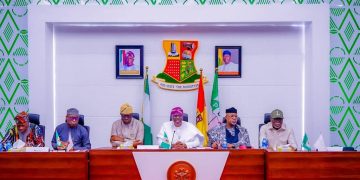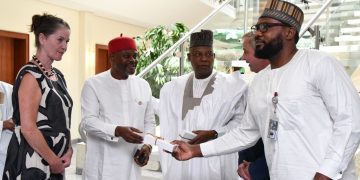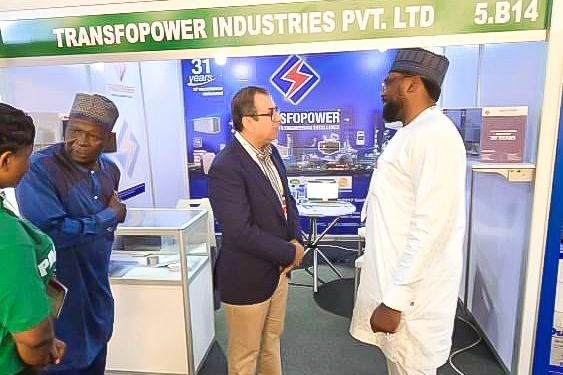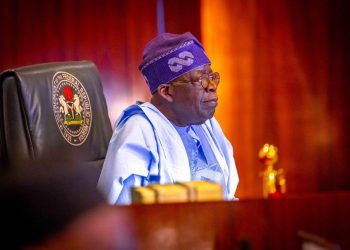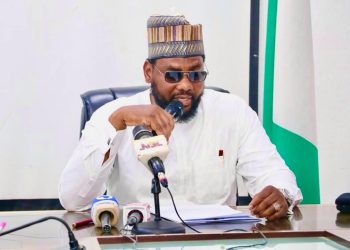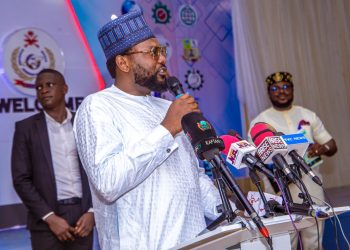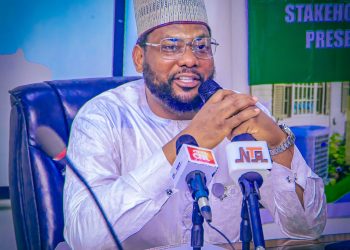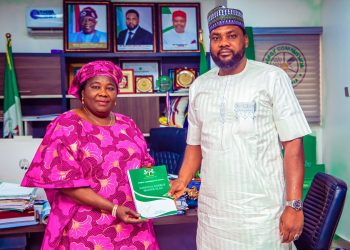By Dare Balogun, 16th October, 2024
News SOCIETY WATCH following for you ; The Energy Commission of Nigeria (ECN) has highlighted the importance of energy in President Bola Ahmed Tinubu’s Renewed Hope Agenda, emphasising it as a crucial element for Nigeria’s economic development.

This perspective was shared by Dr Mustapha Abdullahi, the Director-General of the ECN, during his presentation titled “Gazetting Nigeria’s Energy Vision” at the Nigeria Energy Summit held in Lagos State. The summit, which runs from October 15 to 17, is organised by stakeholders in the Nigerian energy sector to discuss the nation’s energy future.
Dr Abdullahi noted, “As global energy transformation catalyses economic growth, Nigeria is pivotal. The intersection of energy access, innovation, and our dynamic, youthful population presents a unique opportunity to forge a path toward prosperity, inclusion, and global relevance.”

He stated that President Tinubu’s Renewed Hope Agenda strongly emphasises energy as a driver of economic growth. It has a strategic plan to expand energy access and utilise renewable and non-renewable energy resources for sustainable development.
*Strategic Plans for Energy Deployment*
Dr Abdullahi stressed the importance of a strategic master plan to guide the deployment of Nigeria’s energy resources. He explained that the recently updated National Energy Policy (NEP) and National Energy Masterplan (NEMP) are the foundation for this vision. These documents outline the framework for harnessing Nigeria’s vast energy potential, including both renewable and non-renewable resources.

According to Dr Abdullahi, Nigeria is endowed with significant non-renewable energy resources, including 37.2 billion barrels of crude oil, 2.734 billion tonnes of coal and lignite, 203.45 trillion cubic feet of natural gas, and 31 billion barrels of oil equivalent in tar sands, as reported by the Nigerian Upstream Petroleum Regulatory Commission (NUPRC) in 2019.
Additionally, the country has considerable renewable energy resources: 24,000 MW of large hydropower capacity, 3,500 MW of small hydropower, solar radiation ranging from 3.5 to 7.0 kWh/m²/day, wind speeds of 2-4 m/s at a 10-meter height, and vast biomass potential from forests, agricultural waste, and animal waste.

*Blueprint for Legalising Nigeria’s Energy Vision*
Dr Abdullahi emphasised that the ongoing effort to “gazette Nigeria’s energy vision” formalises the industry’s energy policy and master plan. “By gazetting these documents, we give them legal authority, ensuring their enforcement and implementation while providing clarity and direction in Nigeria’s energy policy,” he said.
He further highlighted that this process lends credibility and trust to the policy and aligns Nigeria with global energy initiatives, encouraging international cooperation and investment opportunities. The legal recognition of the NEP and NEMP makes the government accountable for its energy strategy, allowing stakeholders and the public to monitor progress and evaluate outcomes.
*Diversified and Sustainable Energy Future*

Dr. Abdullahi outlined the key objectives of the National Energy Policy, which include diversifying Nigeria’s energy sources, enhancing energy security, and ensuring an efficient energy delivery system. The policy aims to reduce dependence on oil by promoting renewable energy, research and development (R&D), and strategic investment in the energy sector.
He stated, “Our focus is on ensuring a reliable, sustainable, and cost-effective supply of energy while promoting local participation in the energy industry for greater stability and self-reliance. This also includes encouraging regional and global cooperation in energy projects and adopting clean energy technologies to combat climate change.”
Dr Abdullahi concluded by emphasising that Nigeria’s energy future blueprint is built to create an enabling environment for energy transformation, focusing on innovation and inclusive growth. “President Tinubu’s vision is clear – energy is the engine that will drive Nigeria’s economic growth and position the country as a leader in the global energy transition,” he said.



